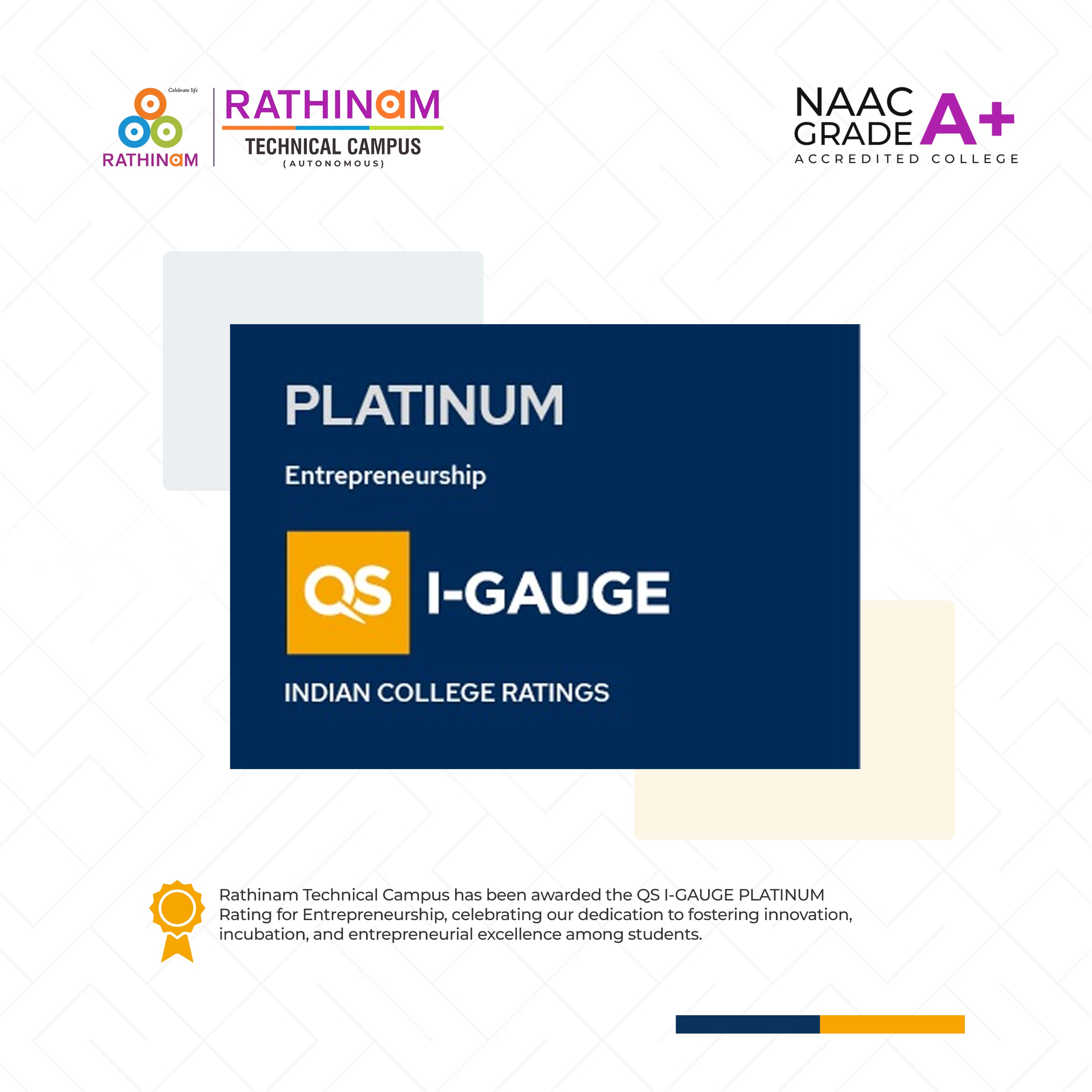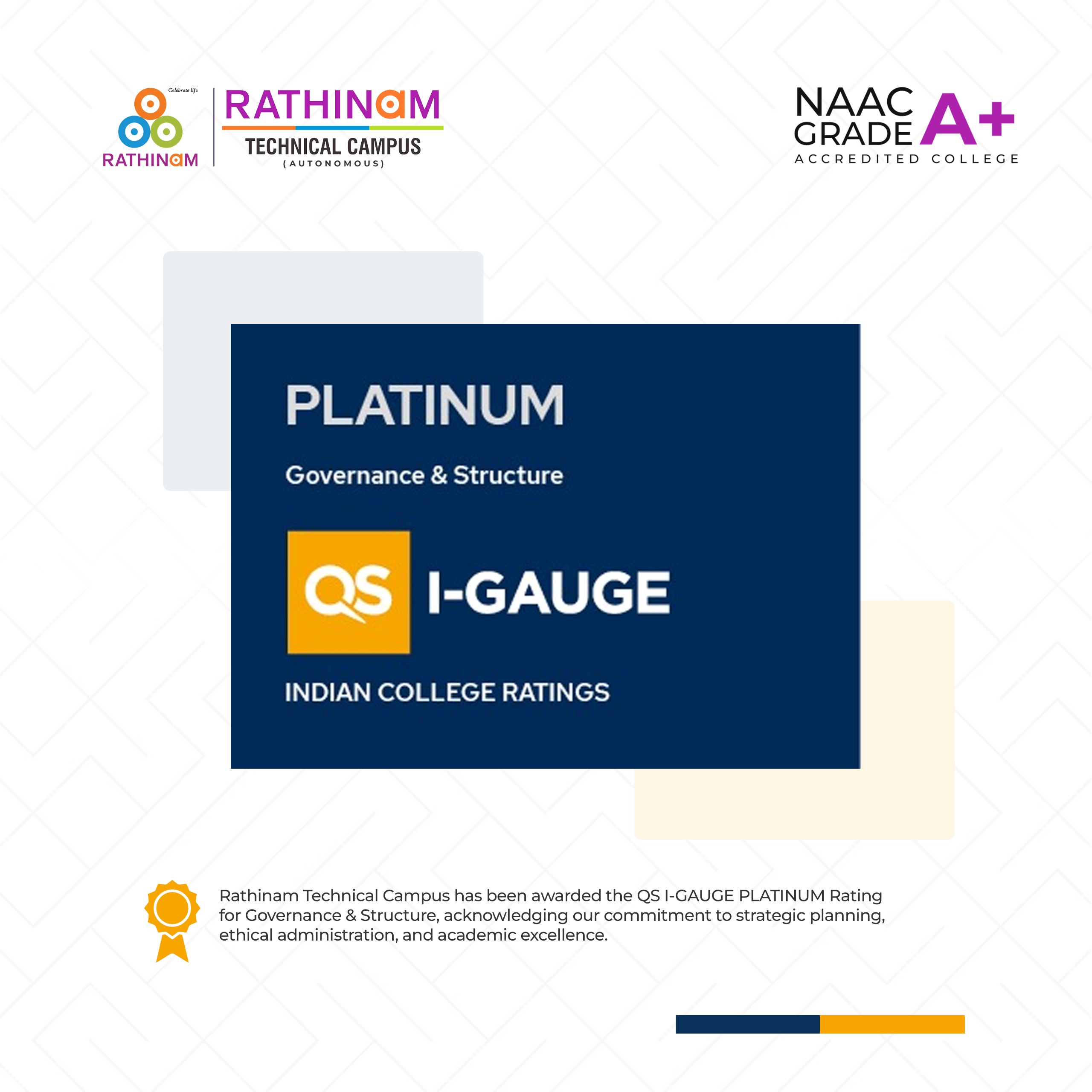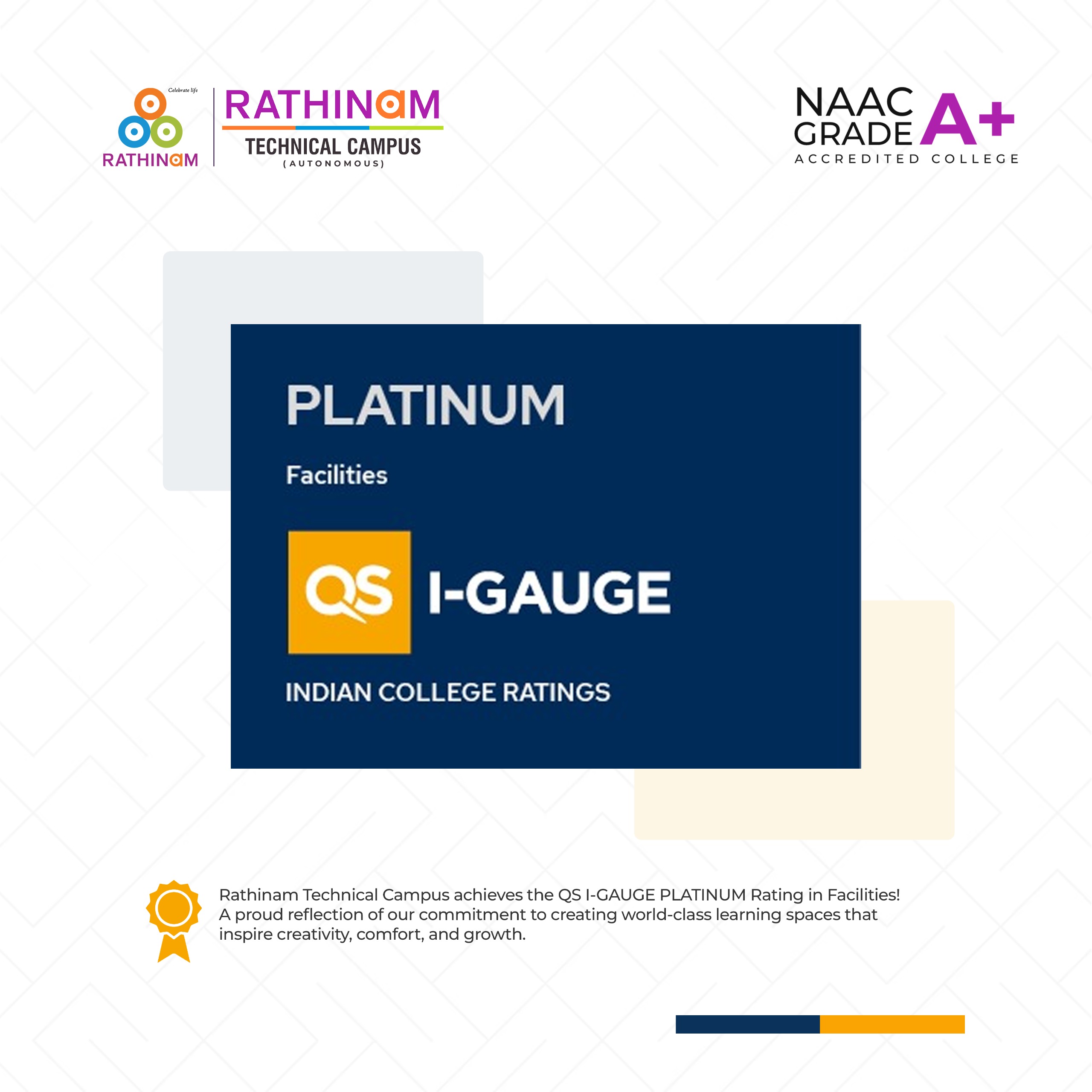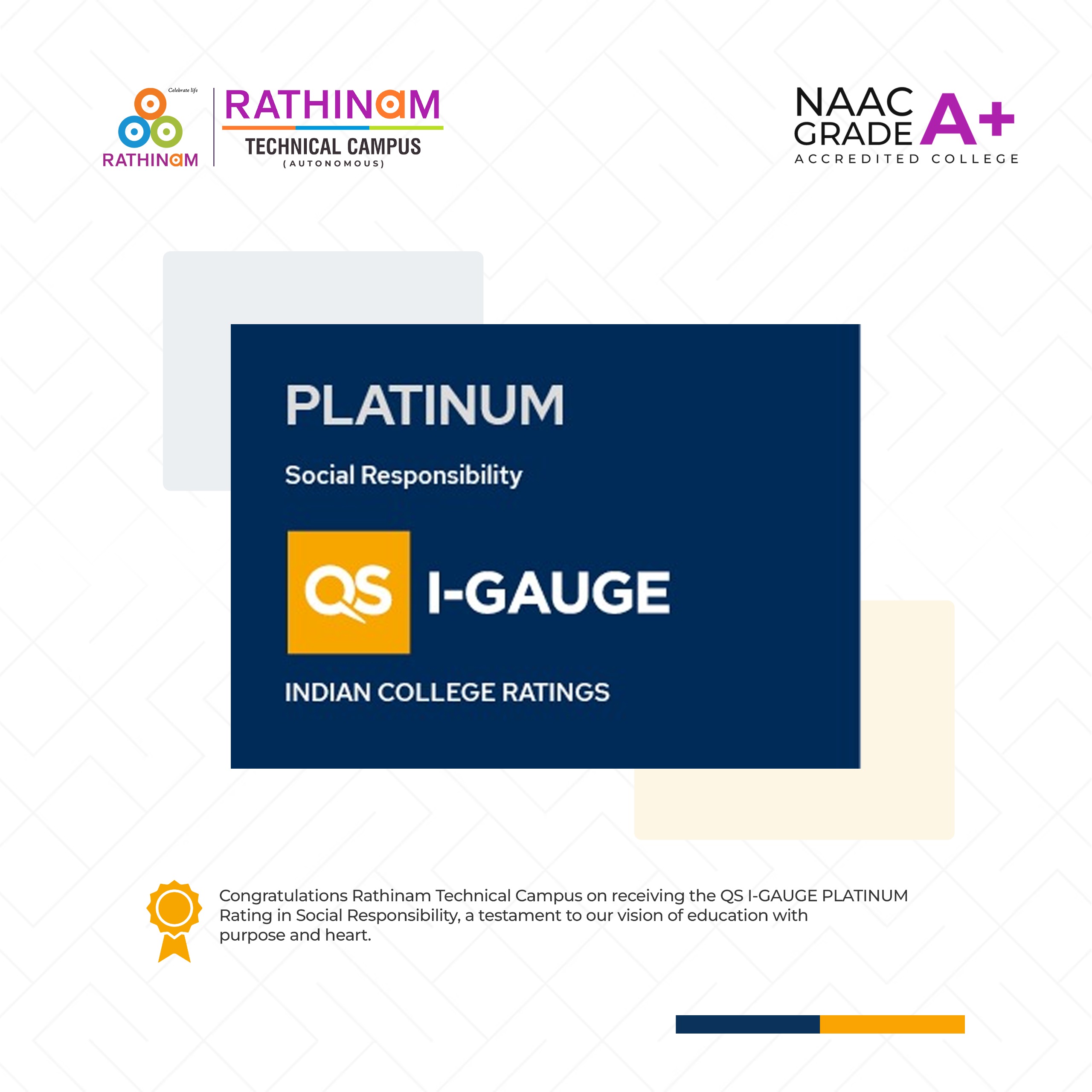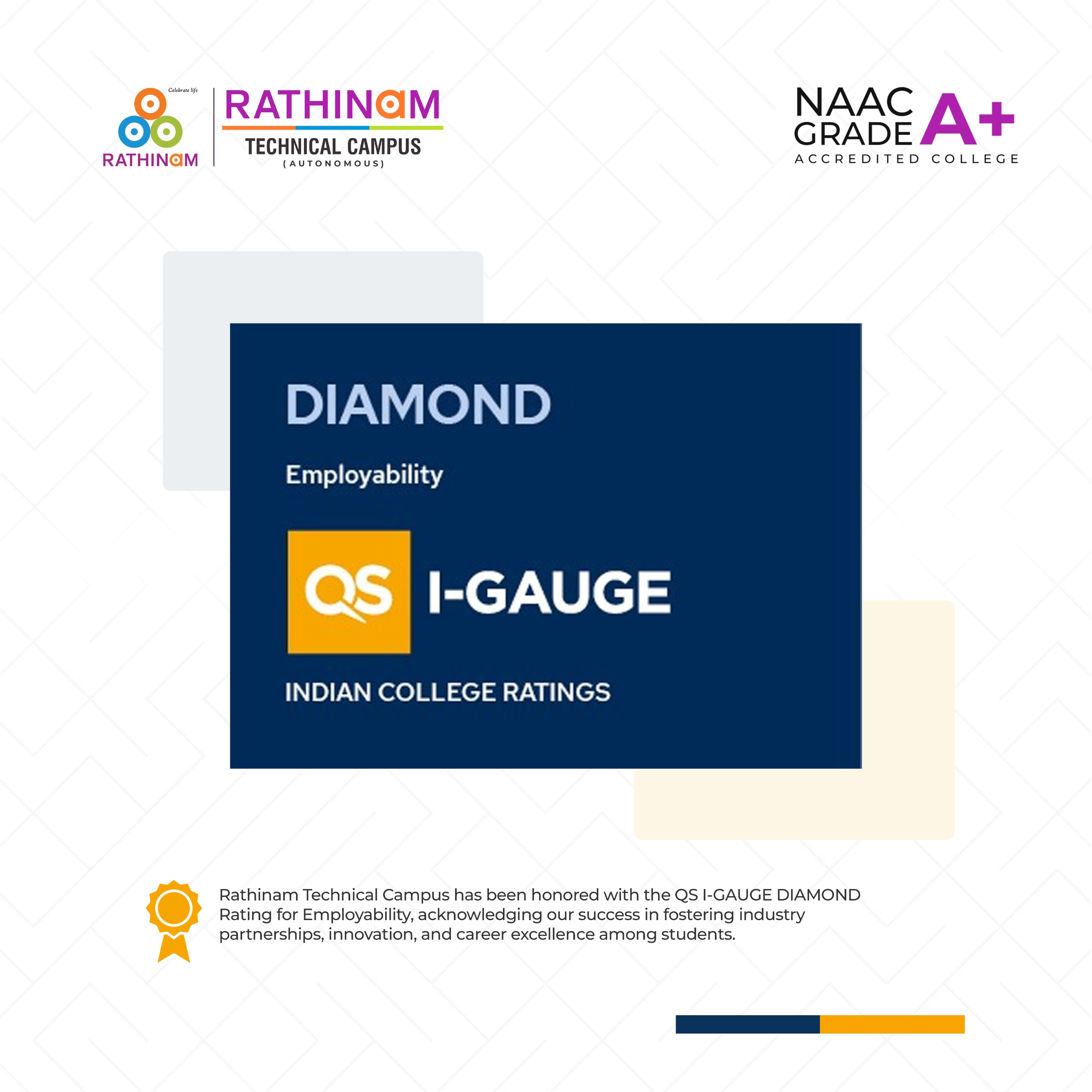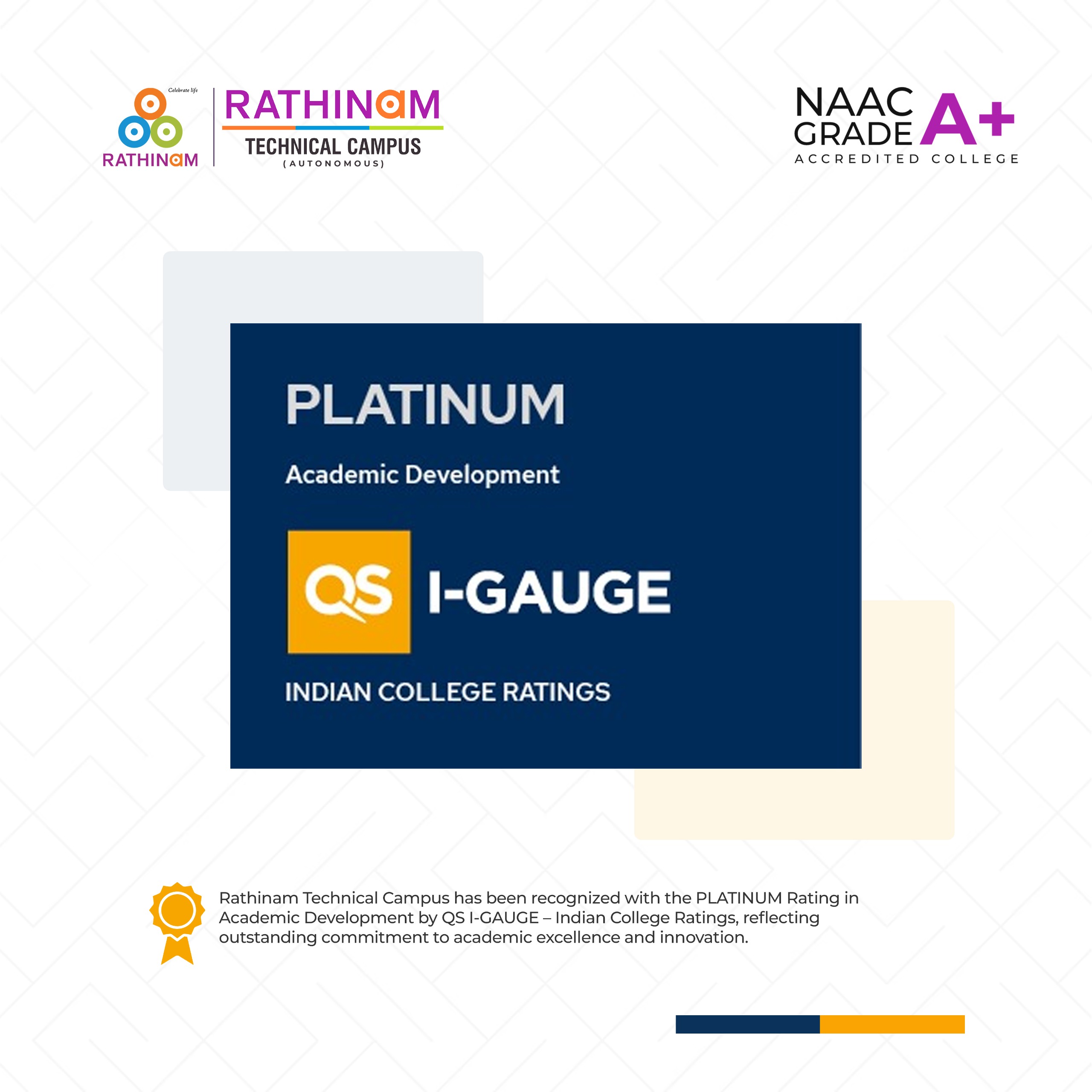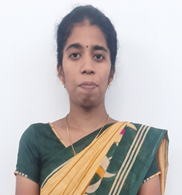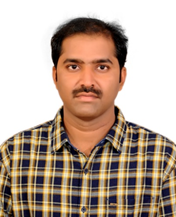Mechanical engineers dream up and design amazing machines and technologies that improve people’s lives in all kinds of ways. From airplanes and cars to robots and renewable energy systems, mechanical engineers have shaped our modern world.
New technologies are opening up incredible opportunities for innovation. Read on to learn about the exciting changes & future trends in mechanical engineering and how you can prepare for it!
Introduction: Mechanical Engineering is Always Evolving
Mechanical engineering has been around for a long time – like centuries! Over the years, mechanical engineers have pioneered all kinds of groundbreaking inventions, from steam engines and steam boiler to spacecrafts.
This field keeps evolving as technology advances. Mechanical engineering involves designing, building, testing and improving mechanical devices and systems.
As our world keeps changing, new technologies emerge that reshape the future of mechanical engineering. Artificial intelligence, advanced robotics, 3D printing and sustainable design are just some of the big trends influencing the field today.
Exciting innovations are on the horizon! Let’s look at the key trends and how they’ll impact mechanical engineers.
Recent Trends Reshaping Mechanical Engineering
Several major technology trends are coming together to transform the future of mechanical engineering:
1. Artificial Intelligence – Makes Machines Smarter
Have you heard about artificial intelligence (AI)?
It refers to computer systems that can perform tasks normally requiring human intelligence, like recognizing images or understanding spoken words.
AI is what enables Siri and Alexa to understand voice commands!
AI is making its way into all kinds of machines and mechanical systems these days.
For example, AI powers the computer vision that lets self-driving cars “see” traffic lights and pedestrians. In factories, AI guides autonomous robots to optimize production.
AI makes mechanical systems far smarter and more flexible than older pre-programmed designs.
It enables machines to continuously monitor their environment and make real-time adjustments to operate more efficiently.
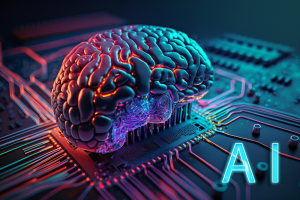
Mechanical engineers are finding all kinds of uses for AI to improve products and industrial processes.
As this technology keeps advancing, it will lead to huge breakthroughs in automation, transportation, robotics and more. The future looks really exciting thanks to AI!
2. Advanced Robotics – Lead to Greater Automation
Robots can now take on all sorts of jobs that are too dull, dirty or dangerous for people. Robots are working on assembly lines, exploring harsh environments, handling hazardous materials and even performing surgery!
Mechanical engineers are designing these amazing machines optimized for specific tasks. Areas of focus include flexible robotic limbs, safety features like impact-absorbing bodies, and highly precise end effectors for delicate tasks.

As robots gain more senses, dexterity and intelligence, they’ll take on even more complex assignments. Exciting innovations in prosthetics, rehabilitation devices and remote surgery could be on the horizon thanks to robotics!
3. 3D Printing – Open Up New Design Possibilities
3D printing, also called additive manufacturing, is an incredible technology that builds objects layer by layer from digital models.
It lets engineers quickly create complex geometries without any special tools or dies. Parts can be printed on demand from CAD models without costly machining steps.
For mechanical engineers, 3D printing unlocks all sorts of new possibilities for rapid prototyping and distributed manufacturing.
It makes iterating on designs far faster and cheaper. 3D printing can also construct intricate shapes with internal voids and lattices that would be impossible with conventional methods.
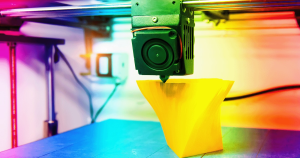
Aerospace, automotive, and medical firms now use 3D printing for end-use components. As costs fall, localized on-site manufacturing and mass customization could become common!
4. Sustainable Design – Tackles Climate Change
Sustainability has become a pressing concern for society, with climate change threatening massive disruption. Mechanical engineers will play a key role in developing cleaner technologies to reduce environmental impacts.
Replacing fossil fuel power with renewable energy will require mechanical engineering expertise. Improving solar panels, advancing wind turbine designs, building utility-scale batteries and transitioning to electric vehicles are all critical focus areas today.
Looking ahead, progress in renewables will continue to accelerate.
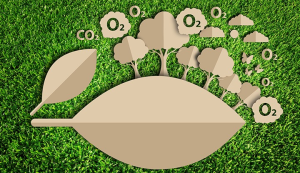
Mechanical engineers will keep pioneering innovations like high-efficiency solar cells, floating wind farms, and smart power grids to enable the widespread adoption of clean power.
5. Smart, Efficient & Sustainable HVAC Systems
Heating, ventilation and air conditioning (HVAC) systems keep buildings comfortable and air healthy to breathe. Mechanical engineers design the complex HVAC equipment needed for homes, offices, factories and more.
Smart temperature and humidity sensors reduce energy use. Mechanical engineers are also working to electrify and decarbonize HVAC systems through innovations like electric heat pumps.

Looking ahead, HVAC technology will continue improving. Mechanical engineers might design self-regulating HVAC systems using AI, or develop new thermal materials for ultra-efficient heat exchangers. Keeping people comfortable in sustainable ways will remain a key focus area.
6. Electric Vehicles – The future of automobiles
Replacing gasoline-powered cars and trucks with electric vehicles (EVs) powered by renewable energy is key to reducing emissions from transportation. Mechanical engineers design the powertrain systems that drive EVs.
Key areas of focus include improving batteries, electric motors, power electronics, and charging infrastructure.
Autonomous driving algorithms also work hand-in-hand with EV engineering. Mechanical engineers optimize designs for performance, efficiency and cost-effectiveness.
Looking ahead, EVs will continue improving as renewable electricity gets cheaper.
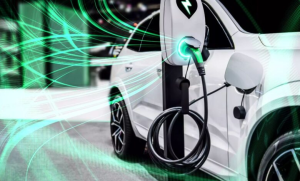
Faster charging, expanded range and new form factors like electric aviation are exciting areas mechanical engineers are pioneering today.
How These Trends Will Shape the Future for Mechanical Engineers?
1. New Products and Services
As new technologies mature, they’ll enable all kinds of creative products and services that sound straight out of science fiction!
For example, self-driving cars could completely revolutionize transportation and logistics. Custom 3D printed consumer goods could let people express their personal style.
Smart robots may take over dangerous jobs to improve safety. There are so many possibilities!
Mechanical engineers will tap into these new capabilities to invent things like helpful household robots, intelligent industrial machines, state-of-the-art medical devices and more. It’s a great time to be creative!
2. Faster, Cheaper, and More Efficient Design and Manufacturing
3D printing, AI-enabled generative design tools, and robotic automation will accelerate and streamline mechanical design and manufacturing.
With 3D printing, prototypes can be created overnight rather than waiting weeks for production.
AI algorithms help optimize designs faster than ever before. Robots will increase factory productivity and precision.
For businesses, this agility translates into faster time-to-market for new products and reduced operating costs. For consumers, it means better, cheaper products and easily available customization. The future looks bright and efficient!
Advanced Manufacturing processes like Electrical Discharge Machining (EDM), Water Jet machining, Ultrasonic Machining etc will be on the rise.
Also current advanced manufacturing machines like 5 axis CNC etc are also expected to grow in popularity as they get more economical.
3. Building a Safer, Healthier and More Sustainable World
3D printed prosthetics can improve people’s mobility. And we’ve already covered the massive potential of renewables!
Mechanical engineers hold the skills to make these life-improving and planet-saving innovations a reality. They’ll design smart cities, efficient electric vehicles, assistive robots and much more to create a brighter future.
How Mechanical Engineers Can Prepare for the Future?
To fully leverage the potential of these trends, mechanical engineers should focus on building skills in certain key areas:
Tips For Students to be future ready
- Learn programming, electronics and mechatronics to interface with smart systems
- Develop strong conceptual foundations in math, physics, mechanics, thermodynamics and manufacturing
- Pursue interdisciplinary projects to expand your thinking and toolbox
- Complete internships to gain real-world experience
- Build physical prototypes and CAD models to bring ideas to life
- Participate in competitions and clubs to strengthen teamwork and creativity
Conclusion
The field of mechanical engineering is full of opportunities for those who are creative, innovative, and have strong problem-solving skills. I am excited to see what the future holds for mechanical engineering and I am confident that this field will continue to play a vital role in shaping the world.
So if you’re excited by using technology to make a positive difference in the world, consider a career in mechanical engineering! With passion and diligence, you could help shape the future.






